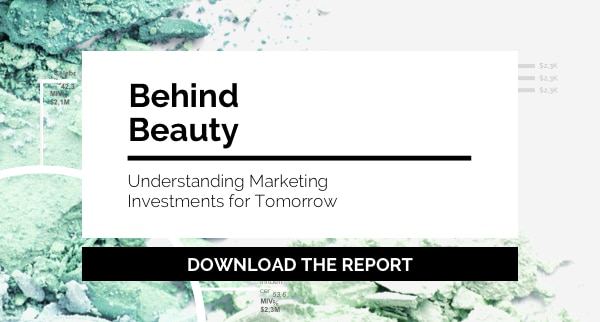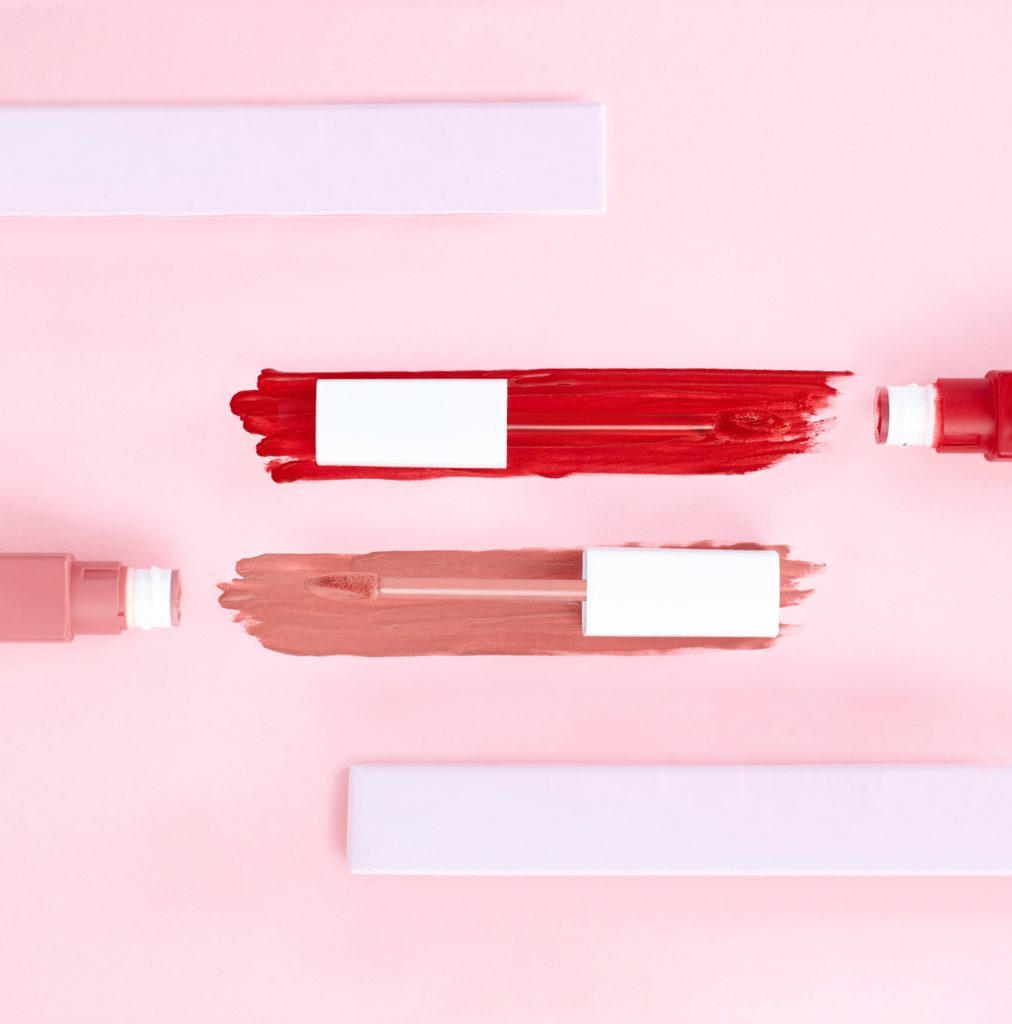In what would typically seem like an unusual pairing, MAC Cosmetics recently announced their collaboration with the Barbie team to create the “perfect pink lipstick.” However, these kinds of partnerships have slowly become the norm as more and more brands want to cash in on the billion-dollar beauty industry. From Colourpop x Sailor Moon to Urban Decay x Game of Thrones, ‘x’ marks the spot with brand collaborations being “30 times cheaper than digital advertising” thanks to already engaged customers and followers. In this #BBMoment, we dive deeper into how a beauty brand collaboration can be a marketing success if done right.
The Three Golden Rules for a Successful Beauty Collaboration
Retain Authenticity at all Costs
Perhaps one of the biggest buzzwords of today when it comes to marketing, like anything else, authenticity is key when it comes to brand collaborations. The most successful partnerships are the ones that make sense – genuinely thought-through collaborations, rather than mismatched campaigns. Activating pop culture is a great way to do this as many beauty fans crossover into cult followings of popular TV shows, movies, and franchises. And, this authenticity goes for the entire campaign, not just the partnership. For example, Urban Decay’s collection with Game Of Thrones was partially so successful due to the influencers they partnered with. All Star Influencer, Mariale, generated a total MIV® of $4.7M for the brand thanks to her frequent posts, and the fact that she is both a beauty influencer and a die-hard Game of Thrones fan.
Listen to Your Consumers
The number one ingredient in the recipe for success of a beauty brand is by engaging with and listening to consumer demands. Brands like Glossier built entire products off the back of their fans’ needs and skin concerns, which has helped them carve out such a dedicated following. This also applies to brand partnerships and understanding what your consumers want to see, and what they would be fast to put their money towards. Beauty brand, Colourpop, listened to fans by launching their “most requested collaboration ever” – a Sailor Moon makeup collection, which sold out in less than an hour. The launch was so successful, that the brand is expanding product availability from strictly online to selling it in partner stores such as Ulta.
Creatively Leverage the Right Voices
Press mentions are one of the most valuable marketing tools for brand partnerships, as they deem the launches as ‘newsworthy.’ MAC Cosmetics is no stranger to collaborating with influencers, celebrities, and other brands, and their recent announcement of Barbie as their latest MAC Maker made waves online. Cleverly re-creating Barbie’s iconic bubblegum pink shade the brand picked up publicity from the likes of Allure, The Cut and Marie Claire to name a few. The shareable campaign in line with Barbie’s birthday was a smart-thinking, topical move for the brand in order to generate attention across Media outlets with mass reach to target consumers.
Another partnership that worked particularly well when it came to activating a cross-Voice strategy, was Kylie Cosmetics’ collaboration with Balmain. The collection launch took place during Paris Fashion Week (SS20), with the top post for Balmain during that season being from the beauty collaboration with Kylie Cosmetics. Not only were the two brands an expected partnership (Kylie and her sisters are known for regularly supporting and sporting Balmain), they both utilized their marketing strengths to come together for a successful launch. Kylie Jenner is an Influencer in her own right, and her brand is widely followed by an Instagram audience that is 24 million strong. Balmain is a reputable fashion house that frequently receives press mentions and attention on their Owned Media channels from fashion fans. This led to high levels of Media Impact Value™ being accumulated from cross-channel marketing strategies across a well-balanced partnership.
A thought-through beauty brand collaboration can certainly pay off for brands looking to edge their way into the ever-growing industry, but the collections have to make sense – not just in terms of the partnership but also in terms of the different Voices brands leverage. Ask your consumers what they want to see, and ask yourself whether the partnership you are considering makes sense for your brand goals and target audience. As shown by the likes of Kylie Cosmetics, Colourpop, MAC and Urban Decay, these partnerships can build lasting relationships and product success, so long as you get it right.
Do you want to see more insights on some of the top beauty brands and their current marketing strategies? Read our report below!
